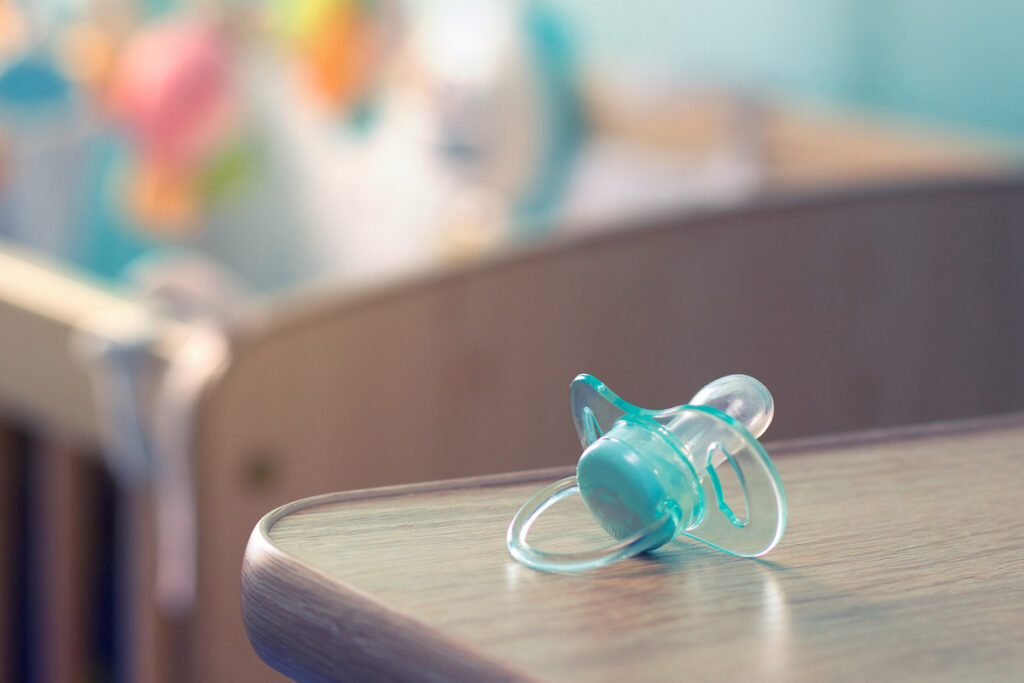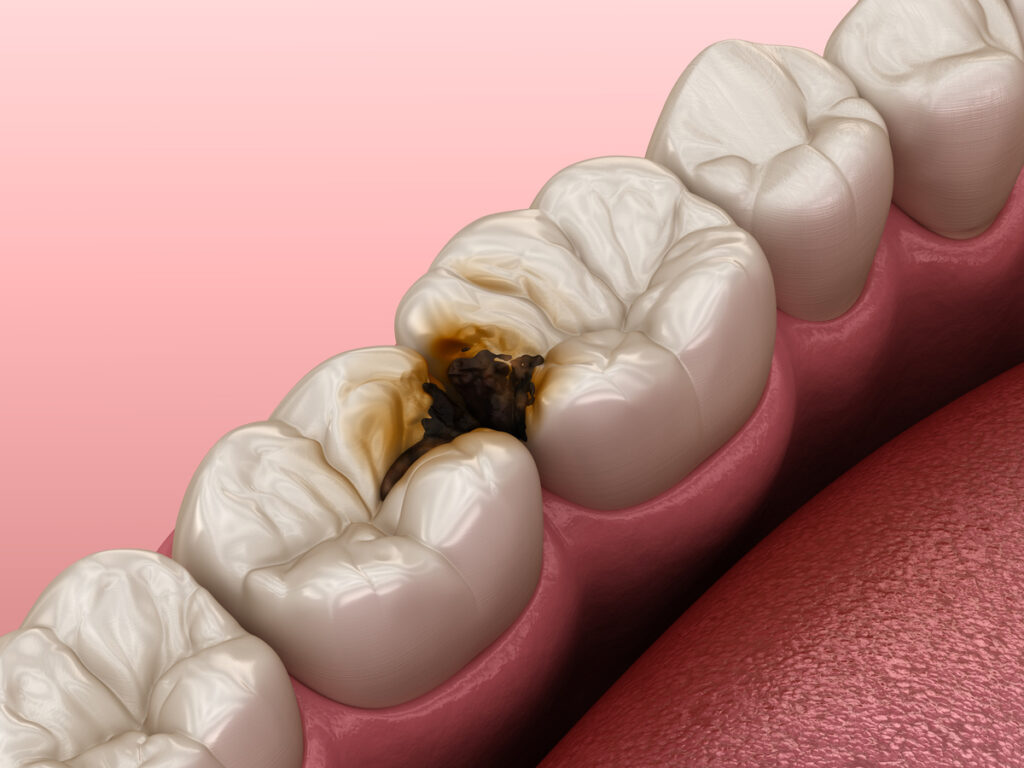Thumb sucking and pacifier use are natural self-soothing behaviors that nearly every child displays during their early developmental years. While these habits provide comfort and security for infants and toddlers, parents often wonder when these behaviors might transition from helpful coping mechanisms to potential concerns for their child’s oral development and overall well-being.
At ChildSmiles OC, Dr. Mehdi Dowlaty understands the delicate balance between allowing children their natural comfort habits while protecting their developing smiles. With over 15 years of board-certified pediatric dental experience, our team provides families with evidence-based guidance to navigate these common childhood behaviors while maintaining positive parent-child relationships and promoting healthy oral development.
What’s Considered Normal Development Patterns for Thumb Sucking and Pacifier Use?
Most children naturally begin thumb sucking or show interest in pacifiers during their first few months of life as part of their innate sucking reflex. This behavior serves important developmental purposes, helping infants feel secure, manage stress, and transition between sleep cycles. The majority of children will naturally outgrow these habits between the ages of two and four as they develop other coping strategies and their need for constant oral stimulation decreases.
However, prolonged thumb sucking or pacifier use beyond age four can begin to affect the alignment of developing teeth and the shape of the mouth’s roof. The pressure and repetitive motion can cause the upper front teeth to protrude forward or create gaps between the upper and lower teeth when the mouth is closed. Understanding these developmental timelines helps parents approach habit cessation with appropriate timing and realistic expectations.
Gentle Strategies for Thumb Sucking and Pacifier Modification
The most effective approach to reducing thumb sucking and pacifier habits focuses on positive reinforcement rather than punishment or shame-based tactics. Children respond better to encouragement and gentle redirection than to harsh criticism or physical barriers that may increase anxiety and actually strengthen their need for comfort behaviors. Creating a supportive environment where children feel safe to gradually reduce their dependence on these habits promotes long-term success.
Practical strategies include offering alternative comfort items, such as soft blankets or stuffed animals, providing extra attention and comfort during stressful transitions, and establishing consistent bedtime routines that help children feel secure without relying on sucking behaviors. Parents can also involve children in the process by explaining how their teeth are growing and allowing them to participate in choosing alternative comfort strategies that appeal to their individual preferences.
When to Get Professional Assessment and Intervention for Your Child’s Thumb Sucking or Pacifier Use
Regular pediatric dental visits allow for professional monitoring of how thumb sucking and pacifier habits may be affecting your child’s oral development. Dr. Dowlaty can assess whether the habit is causing changes to tooth alignment or palate shape and provide personalized recommendations based on your child’s specific developmental needs. Early intervention often prevents more significant orthodontic issues that might require extensive treatment later.
Professional guidance becomes particularly valuable when children continue these habits beyond age four or when parents notice changes in their child’s bite or tooth positioning. Pediatric dental professionals can recommend specific techniques, timeline expectations, and gentle intervention strategies tailored to each child’s temperament and developmental stage. Some children may benefit from positive reinforcement systems, while others respond better to gradual reduction approaches that respect their emotional needs.
How to Support Your Child Through Their Thumb Sucking or Pacifier Transition
Successfully managing thumb sucking and pacifier habits requires patience, consistency, and understanding of your child’s individual emotional needs. Children who rely heavily on these behaviors for comfort may need additional support during stressful periods like starting school, welcoming a new sibling, or experiencing family changes. Maintaining empathy and avoiding power struggles helps preserve the parent-child relationship while working toward healthy habit modification.
Creating a supportive environment includes celebrating small victories, providing alternative coping strategies during difficult moments, and maintaining realistic expectations about the timeline for change. Some children may experience temporary increases in their behavior during stressful periods, which represents a normal part of the process rather than a failure of the approach. Consistent support and gentle guidance help children develop confidence in their ability to manage emotions without relying on sucking behaviors.
Get Expert Care for Growing Smiles at ChildSmiles OC
Dr. Mehdi Dowlaty’s extensive training in pediatric dentistry and special needs care ensures every child receives individualized attention for their unique developmental needs. His approach as both a dental professional and father of two brings understanding and empathy to discussions about childhood habits and oral development. Our team creates a comfortable environment where children feel safe discussing their habits, and parents receive practical guidance on supporting their child’s growth.
At ChildSmiles OC, we believe addressing thumb sucking and pacifier habits should strengthen family relationships while promoting healthy oral development. Our comprehensive approach considers each child’s emotional well-being alongside their dental health, ensuring habit modification occurs in a supportive, stress-free manner that builds confidence rather than anxiety. Call ChildSmiles OC at (714) 253-3172 or schedule a consultation today to discuss your child’s habits and receive personalized guidance for supporting their healthy development.





